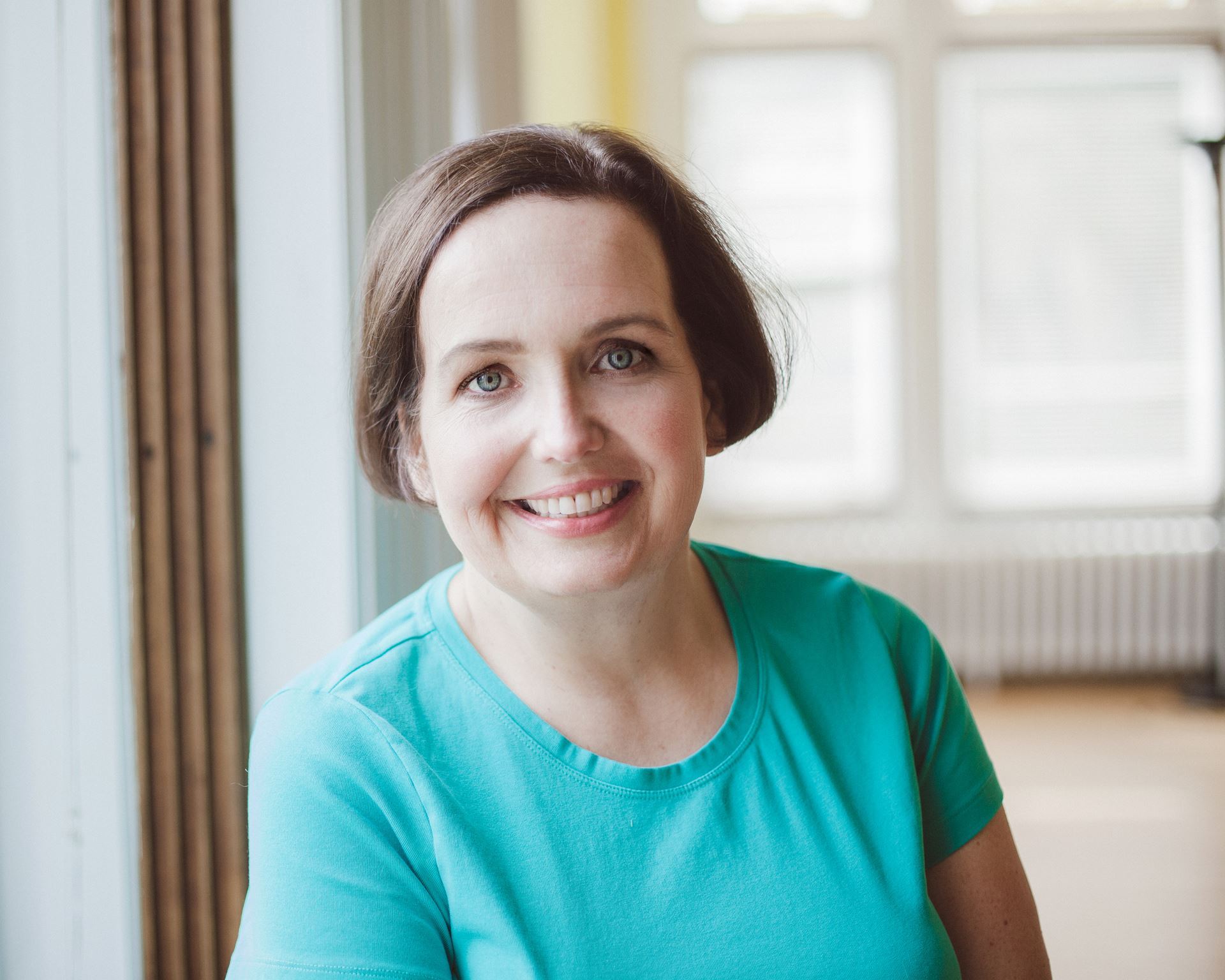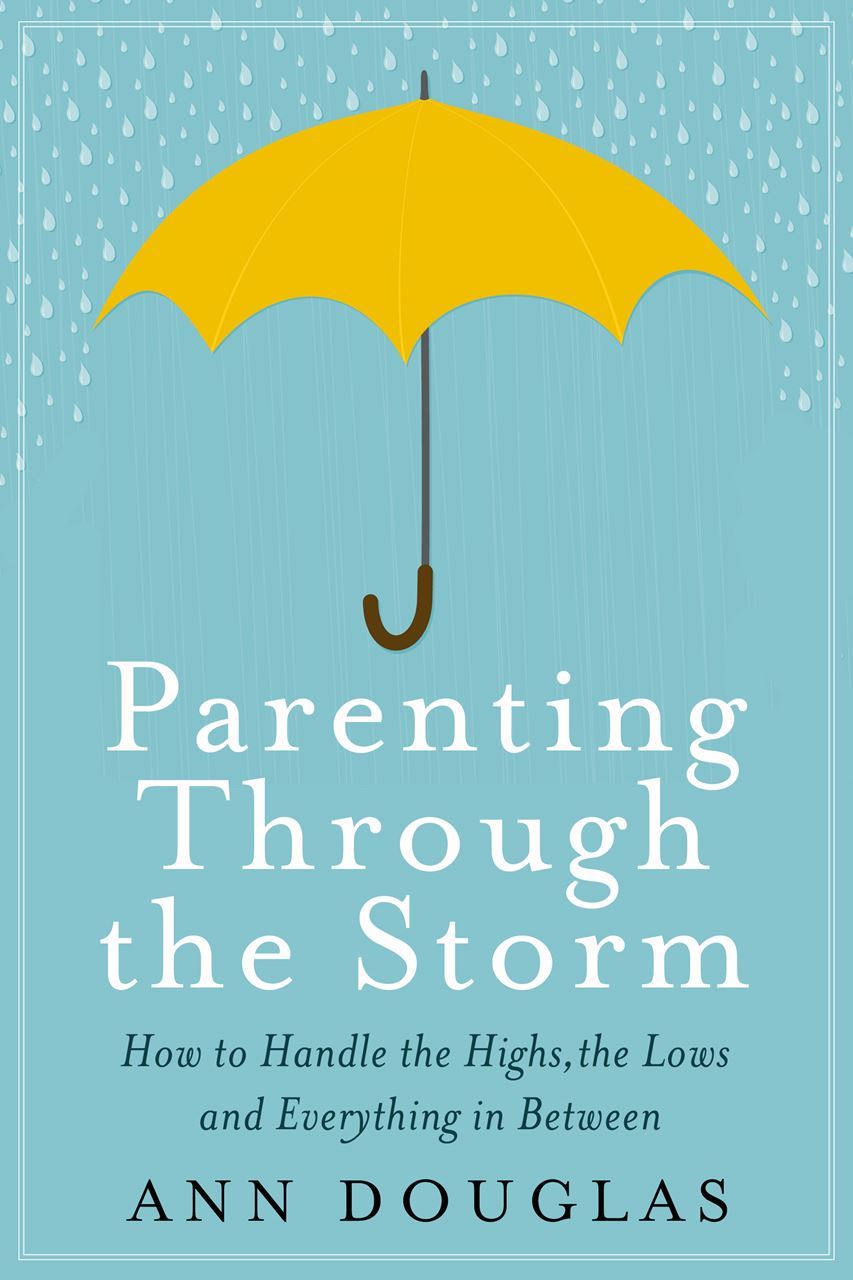Guest Post from Ann
Douglas
My kids inherited a whole bunch of different things from me:
blue eyes, brown hair, an edgy sense of humor, and an increased likelihood that
they will experience an episode of mental illness at some point in their lives.
While I was immediately okay with the first three pieces of
the genetic puzzle (blue eyes, brown hair, and a typically underappreciated
sense of humor aren’t the worst things
you could pass along to a kid), it took me a long time to come to terms with that
final piece of the puzzle—the mental health piece.
Perhaps you’ve been grappling with some of these issues
yourself, as a result of your own mental health struggles. After all, it isn’t
easy to accept the fact that your child faces an elevated risk of struggling
with anxiety and depression simply by virtue of being part of your family. Whether
it’s an issue of nature (genetics) or nurture (family environment) or, more
likely, a little of both (what scientists refer to as epigenetics—that
multigenerational cocktail of genetic and environmental factors), growing up
with a parent who has struggled with anxiety or depression or both does increase the likelihood that a
child will experience a similar struggle.

I have seen this play out in my own family tree, repeatedly.
Not only am I the daughter of a mother who struggled with
bipolar disorder and who experienced a devastating episode of postpartum
depression following the birth of her youngest child. I also happen to be someone
who lives with bipolar disorder. And I am the mother of four children who have
been diagnosed with a variety of mental health, neurodevelopmental, and
behavioral challenges (experiences I write about in my most recent book, Parenting Through the Storm).
No one wants to see their child experience these types of difficulties, let
alone someone like you or me who has experienced it firsthand. We know how
difficult and painful it can be to struggle with mental illness because we’ve
been there and lived through that. It’s only natural for us to want to protect our
children from those very same struggles—and so we yearn for some sort of
epigenetic magic wand that would make our kids’ increased vulnerability to
mental illness magically disappear….
Of course, medical science has yet to produce that kind of
magic wand, so we’ll have to settle for the next best thing in the meantime:
making peace with our families’ genetic legacy. Accepting that reality while
also committing to doing everything in my power to help my kids have the happiest,
healthiest lives possible is what ultimately allowed me to flip my mindset from
feeling sad and guilty to feeling hopeful and optimistic instead. Here’s my
best advice to other parents who are trying to work through these very issues,
too.
Treat yourself with
self-compassion. You didn’t choose to develop a mood disorder, so stop
beating yourself up for developing an illness that was beyond your control. Think
about the kind and supportive things you would say to a friend who was feeling
badly about the fact that diabetes or heart disease runs in her family—what
this might mean for her kids. Then say those very same kind words to yourself.
Spot the silver
lining. Think about how much you would have to offer your child, if she were
to end up struggling with a mental illness—and recognize that this would be because of your earlier struggles. You’d
be kind and empathetic. You’d be able to suggest practical strategies for
living well with a mental illness. You’d be a built-in mentor, guide, and
cheerleader, in other words.
Be prepared. Know
how to recognize the early
warning signs of mental health difficulties in children and adolescents.
Then figure out ahead of time where you could turn for diagnosis and treatment
services in your community, if the situation warranted it. You’ll feel less
hopeless and less scared if you have a game plan in place. And, of course, you
can continue to hope that you never actually need that game plan.
Tap into support from
other parents. If it takes a village to raise a child, it takes a village
to support that parent. So don’t be afraid to turn to your parenting village
for support. Reach out to friends and family members who are dealing with with
these very same issues or join a parent support group (either in your community
or online). You don’t have to face this on your own.

Ann Douglas is the author of numerous books about parenting including, most recently, Parenting Through the Storm. She is also the mother of four children who struggled with a variety of mental health, neurodevelopmental, and behavioral challenges during their growing up years and who are currently thriving as young adults. In this guest post, she talks about how she came to terms with the fact that mental illness runs in her family—and what that means for her children.